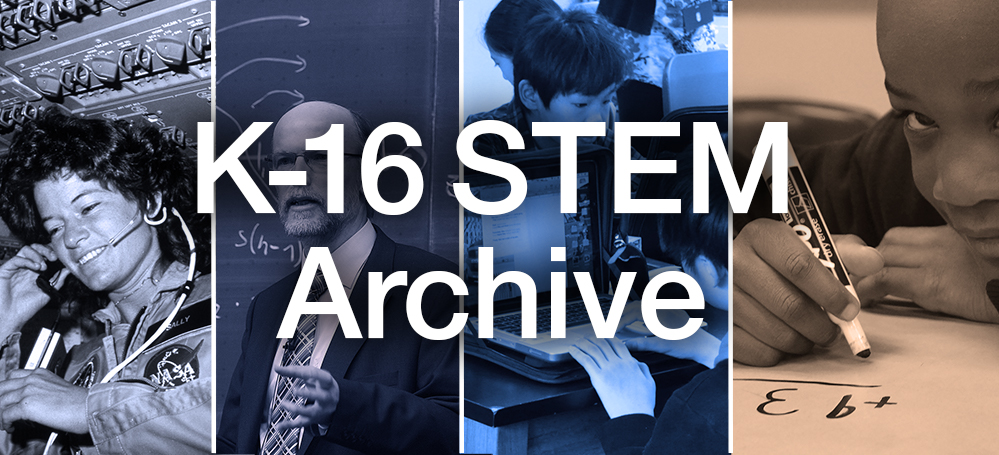The K-16 STEM Archive is a searchable database devoted to abstracts of social, educational, and behavioral science research primarily about the relationships among post-secondary, school and classroom ethnic, racial, and socioeconomic (SES) composition and science, technology, engineering and mathematics (STEM) outcomes in higher education. In addition, the K-16 STEM Archive also includes a number of abstracts of research devoted to explaining why and how individual level characteristics and aspects of institutional contexts relate to students’ outcomes in higher education, particularly those related to STEM. The K-16 STEM Archive is an outgrowth of the broader K-12 Integration, Desegregation, and Segregation Archive (formerly called the Spivack Archive) whose entries cover a more comprehensive range of outcomes at all school levels. The broader K-12 Integration, Desegregation, and Segregation Archive was conceived and developed by Roslyn Arlin Mickelson, Ph.D., Chancellor’s Professor and Professor of Sociology, Public Policy, and Women & Gender Studies at UNC Charlotte. Martha Cecilia Bottia, Ph.D., Research Assistant Professor of Sociology at UNC Charlotte has been the lead researcher with the project since 2006. Mickelson and Bottia jointly conceived of the K-16 STEM Archive, whose development is supported by an award to them from the National Science Foundation.
Key STEM educational outcomes of interest include intentions to major in STEM, persistence in STEM, secondary school characteristics, secondary achievement (including grades, standardized test scores), STEM courses taken, and educational attainment (including college enrollment, graduation, degrees). The K-16 STEM Archive’s database aims to synthesize research on populations underrepresented in STEM fields. These include females, low income, first generation college students, some immigrants, some students of color, and community college students.
The K-16 STEM Archive holds detailed abstracts of relevant published and unpublished empirical, qualitative, historical, evaluation, and policy studies on the topics conducted by researchers associated with universities, think thanks, foundations, or governmental agencies at the school district, state, or federal level. It does not include journalism or opinion essays. There is a unique entry for each study, and each entry presents the following information about the synthesized study:
- author(s) and their affiliations
- how the study was disseminated (journal article, chapter or book, government report, paper presented at scholarly meeting)
- hypotheses or research questions
- research design
- sample characteristics
- dependent and independent variables for quantitative studies
- analytic strategies
- findings
Users can search the archive by author, any of the research design characteristics listed above, or from a menu listing key words.
One goal of the K-16 STEM Archive is to disseminate accessible state-of-the-art knowledge about the topics to scholars, students, jurists, attorneys, policy makers, and the general public.
